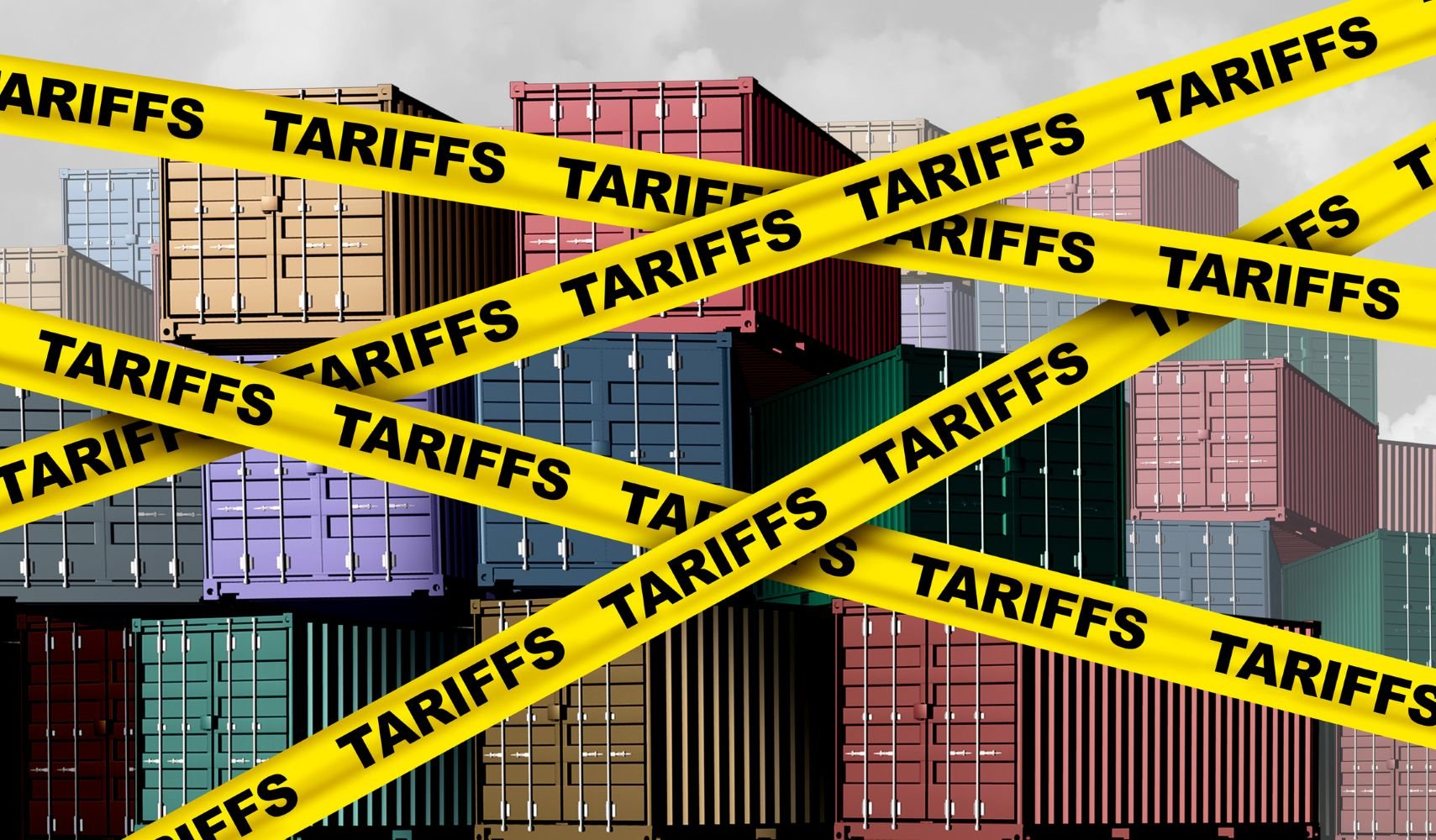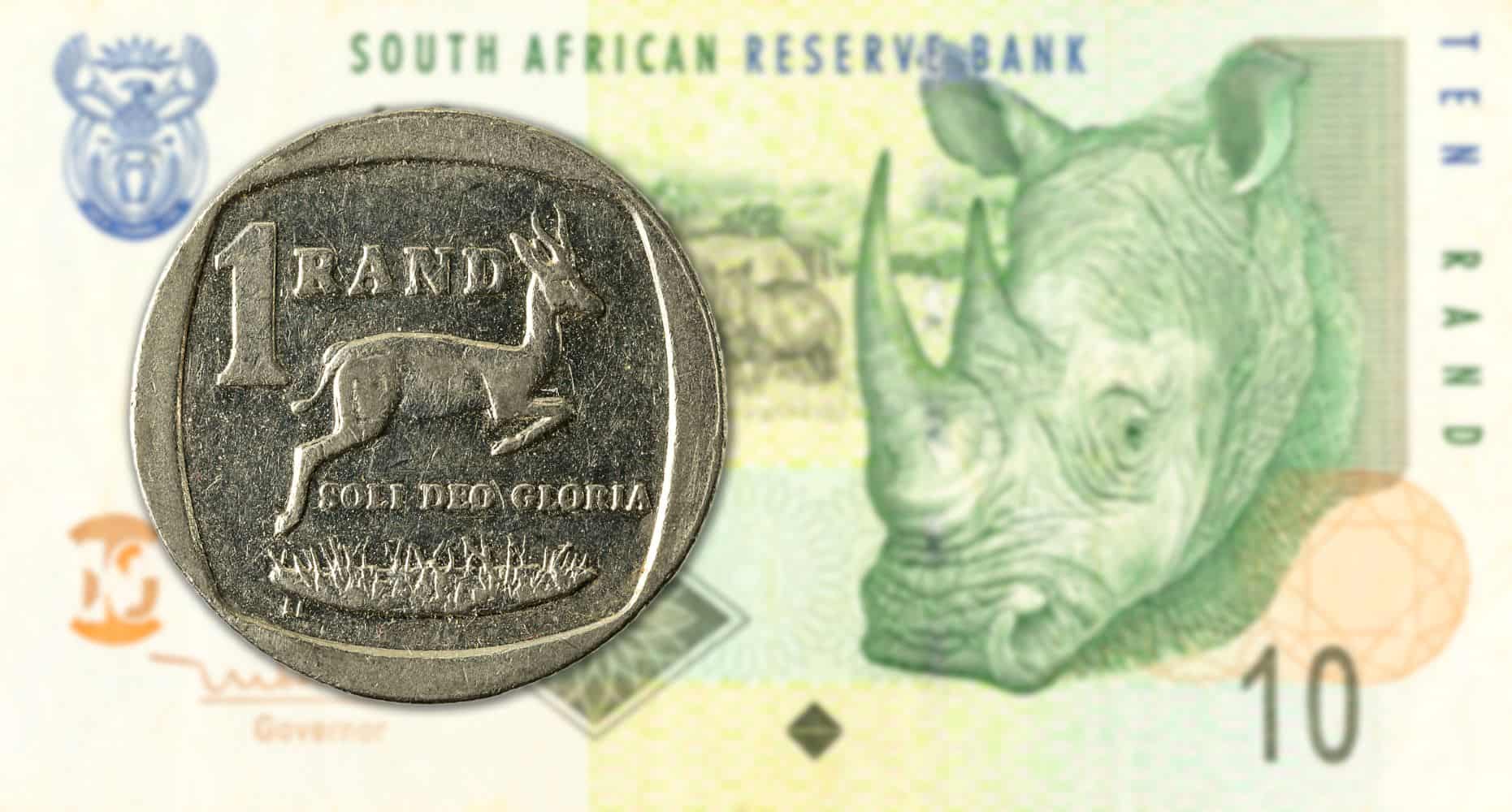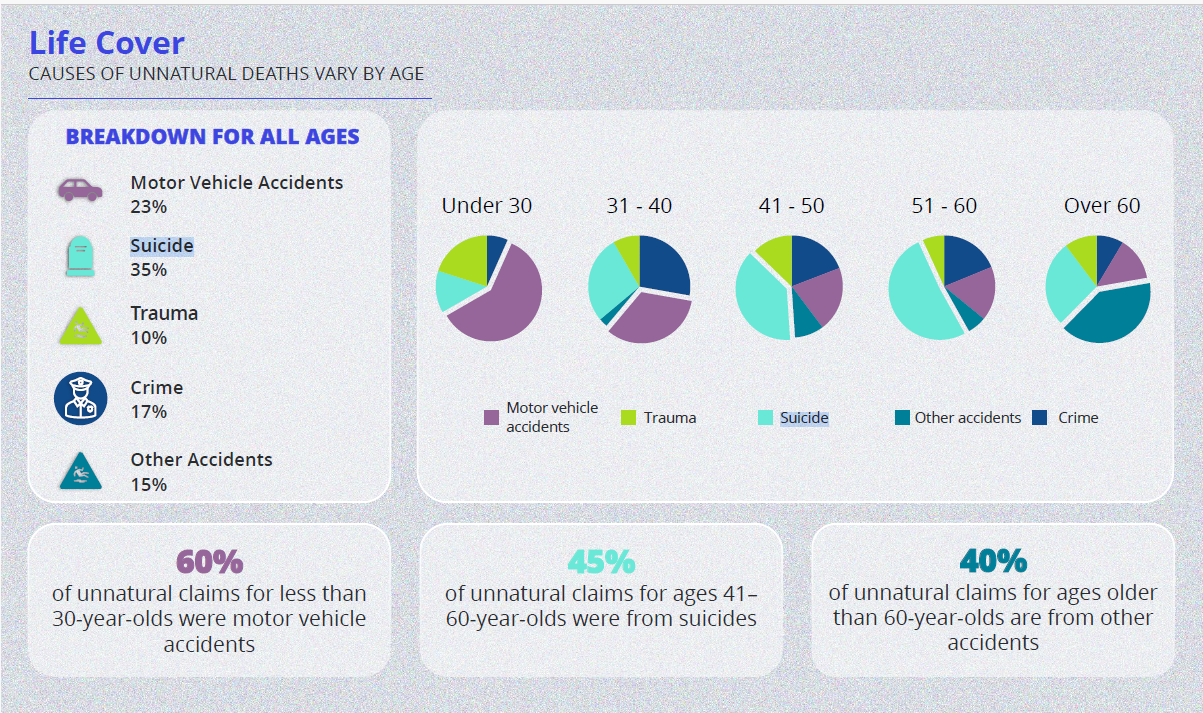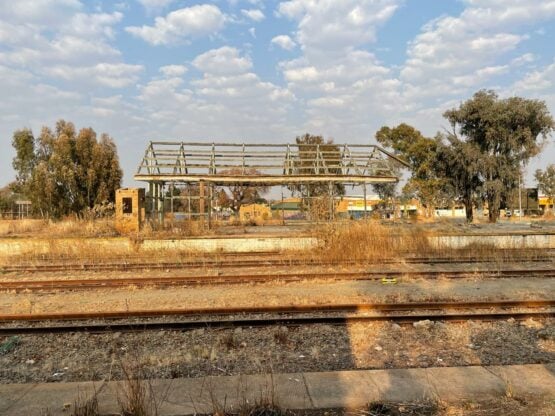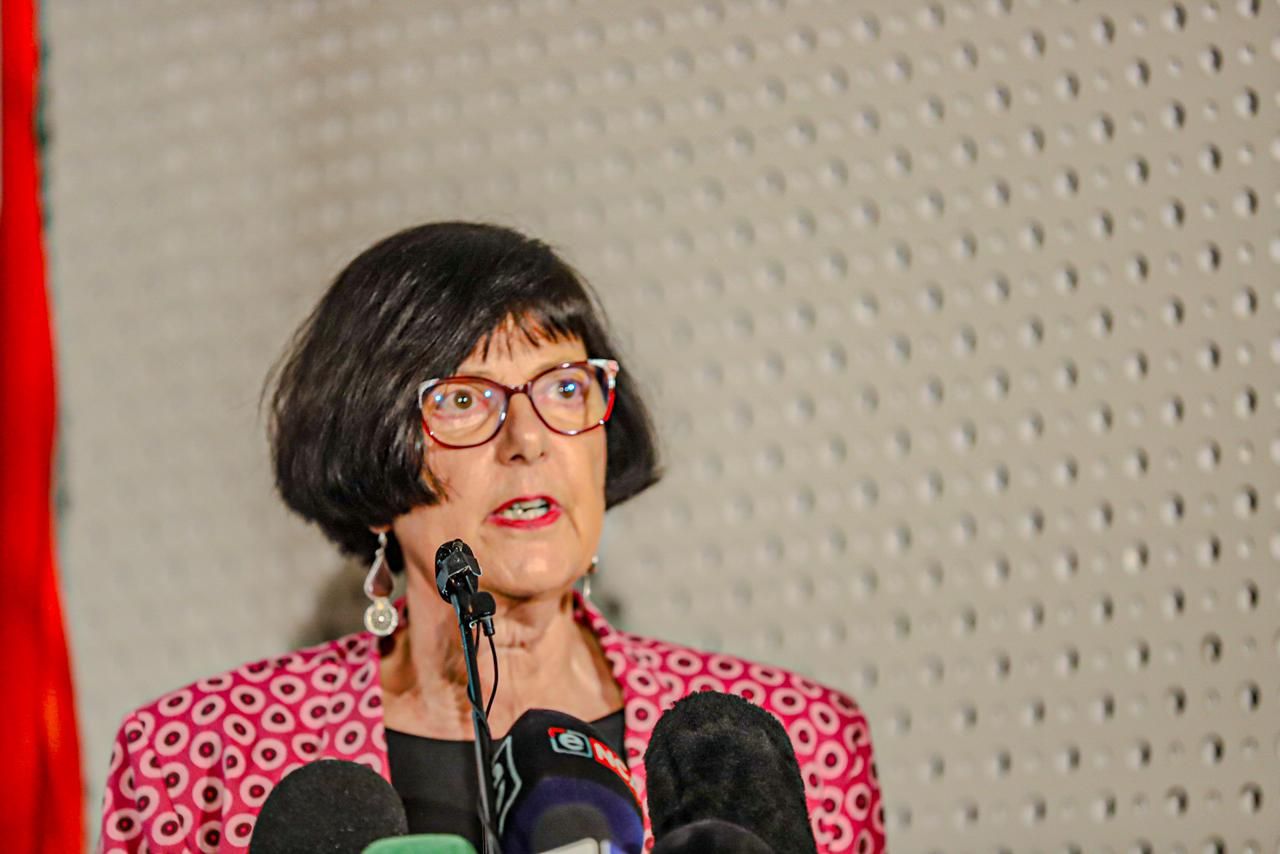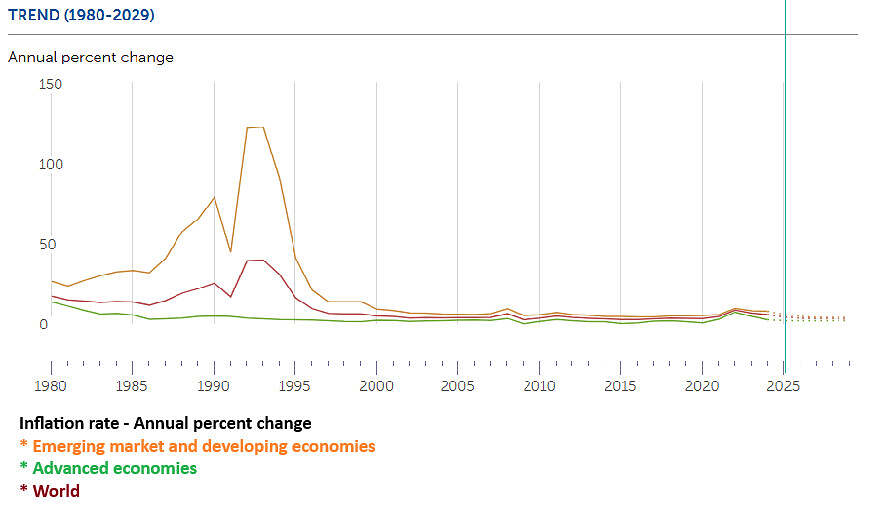Suspending the Trump tariffs for ninety days may be good news for many countries, but not so good if China is your biggest trading partner.
US president Donald Trump’s decision to pause his reciprocal tariffs on all countries besides China, opening the opportunity for countries to negotiate tariffs with the US, saw markets soar after they fell to levels comparable to the time of Covid-19.
Trump suspended the tariffs for ninety days but increased the tariff on goods imported into the US from China to 125%. However, the universal tariff of 10% he imposed earlier is still in force, as well as the sector-specific tariffs of 25% on automobiles, steel and aluminium.
Although the markets rebounded, they started tumbling again as the damage done by the other tariffs became clear, with economists saying the US economy will not recover soon from the fallout.
ALSO READ: Trump’s tariffs make no economic sense — economists
Pausing Trump’s tariffs: good news and bad news
Asked if he believes it is good news for South Africa that the tariffs were paused, Maarten Ackerman, chief economist at Citadel Investment Services, says the answer is yes and no. “Obviously, for the next ninety days, we benefit from lower tariffs for our exports going to the US, but that only makes up 8% of our exports.”
He points out that our exports to China are much more important, and the fact that Trump actually, as part of this, increased the tariffs for China to more than 125% means that it can really hit the Chinese economy hard and then indirectly affect South Africa.
“Therefore, it depends on whether you look at the direct or the indirect impact. Via China, this can actually cause quite a dampening impact on everything China imports from South Africa. Indirectly, the high tariff for China is probably more negative because that will affect China’s economy quite negatively and South Africa indirectly because China is out biggest trading partner.”
ALSO READ: Trump’s tariffs: Bloodbath for markets and rand worse than during pandemic – economists
Did SA dodge a bullet by not retaliating?
Did we dodge a bullet by not retaliating? Ackerman says we probably did. “I think on top of our diplomatic crisis with the US, this time it was probably a better option to just lie low and for the rest of the world to sort this out instead of retaliating hard against the US.
“The US is important to us, but it is definitely not our major trading partner and that could have done more harm.”
Is this just part of Trumponomics that you have tariffs one day and have them suspended the next day? Ackerman says he thinks if the market reacted differently, Trump probably would not have paused the tariffs. “There is certainly pressure on him from corporate America that this is not the way to go if he wants to achieve what they want to achieve.
“His political capital is also running out because he will not get the results that they need before the midterm elections next November. The tariffs can cause a lot of voters to turn against the Republicans and Trump.”
ALSO READ: Automotive Business Council concerned about Trump’s tariffs
Suspension of Trump’s tariffs creates a welcome window for negotiations
Prof Raymond Parsons, economist at the NWU Business School, says Trump’s unexpected decision to suspend the reciprocal US tariffs on non-retaliatory countries pending further negotiations for ninety days has prompted a strong rebound in financial markets and a modification of previous gloomy economic forecasts.
“The decision now creates a welcome window of opportunity for many countries to negotiate with the US for lower tariffs, including South Africa. South Africa has so far taken a careful and pragmatic stance on US tariffs and must now also seize the moment in a transactional manner to broker a better tariff deal in its trade flows with the US.
“For the agriculture sector in particular, there is much at stake for South Africa to use the ninety-day period to ameliorate the negative impact of high US tariffs on its exports to the US. South Africa’s negotiation stance should be based on the likelihood that its privileges under the African Growth and Opportunity Act (Agoa) will not be renewed.”
ALSO READ: US tariffs: Trade Minister Parks Tau cautions against SA retaliation
SA must build probable pain of non-renewal of Ago into its strategy
Parsons says the probable pain of non-renewal or exclusion must be built into South Africa’s strategy. Therefore, he says, countries like South Africa must seek to get the best deal possible with the US. “All the same, in assessing how valuable this additional breathing space will be for further negotiations, it would be prudent to avoid excessive expectations about its eventual outcomes.”
He also warns that there is still a high level of unpredictability in the US tariff situation and in the erratic way in which tariff decisions continue to be made. “It creates persistent uncertainty around business decision-making regarding investment and supply chains, which promotes a ‘wait-and-see’ attitude.
“This is the overall policy environment where affected nations will nonetheless need to negotiate with the US on tariffs and related matters. Bilateral negotiations may be distorted by the inclusion of non-tariff issues in the discussions and may also drive a wedge between countries, elevating economic uncertainty even more. Tariff uncertainty during the ninety period can be as economically damaging as tariffs themselves.”
ALSO READ: Trump tariffs implemented in same week SA citrus growers pack for US export
Citrus growers will now only pay 10% tariff and not 34%
Citrus growers were also very worried earlier in the week because they started packing the first citrus of the season for export to the US, and they would have been hit with the tariffs if they came into effect this week.
Boitshoko Ntshabele, CEO of the Citrus Growers’ Association, says while the association is relieved that a 31% tariff will not immediately be imposed on South African exports, great uncertainty remains hanging over the broader citrus industry and specifically rural communities like Citrusdal in the Western Cape.
“Although the ninety-day delay in the reciprocal tariff does create some breathing room, the citrus currently being packed for the US market will make their way to the US under the current 10% tariff.”
He says the association appreciates the South African government’s engagements with the citrus industry in the past few days. “The industry continues to urge government to prioritise immediate negotiations with the US on tariff reductions or exemptions on citrus.
“As counter seasonal fresh produce, citrus compliments the US market in their off-season. It is not an item produced in a factory year-round, and South African citrus growers do not directly threaten the jobs or incomes of citrus growers in places like California, Florida and Texas.”
